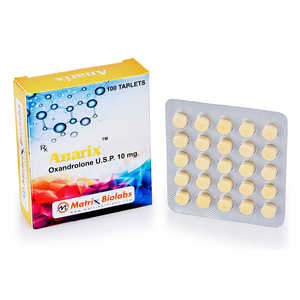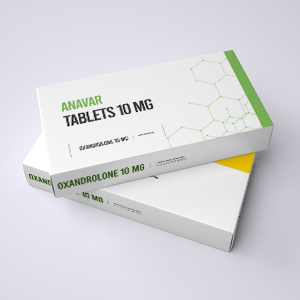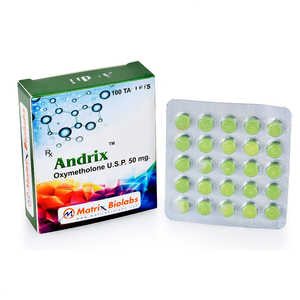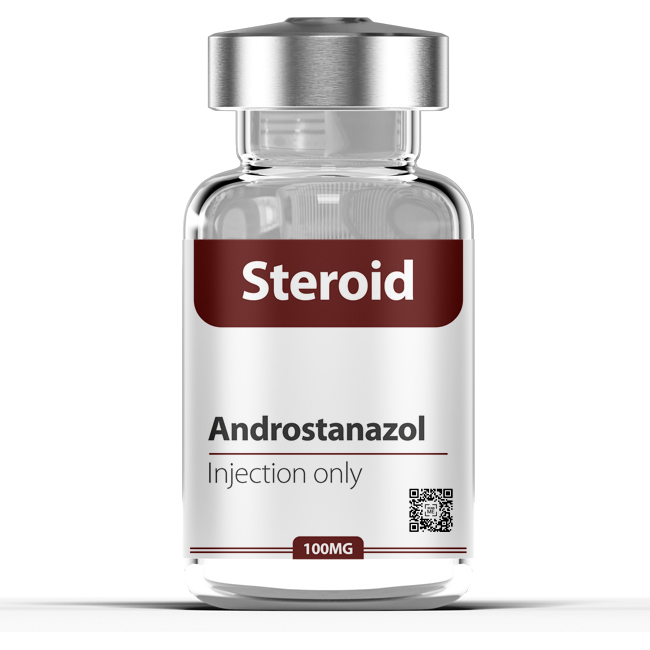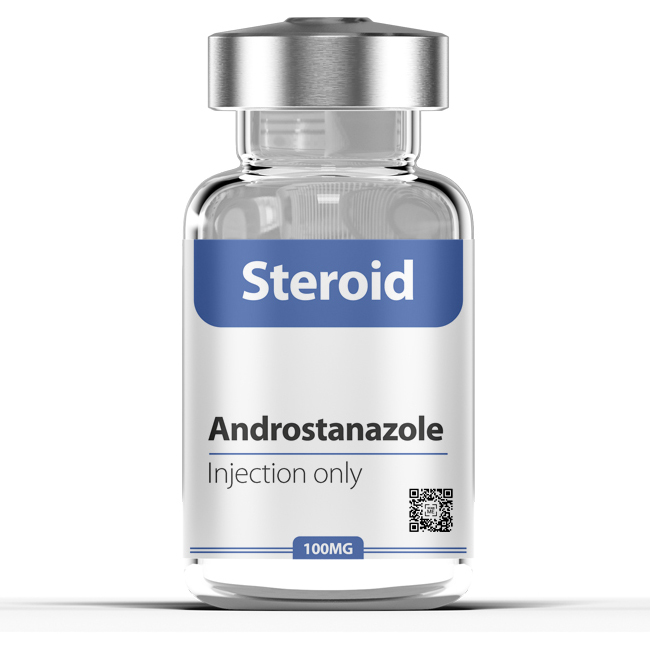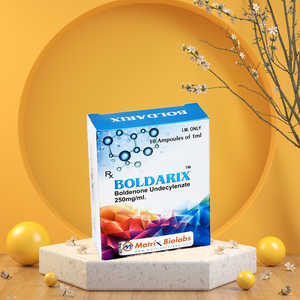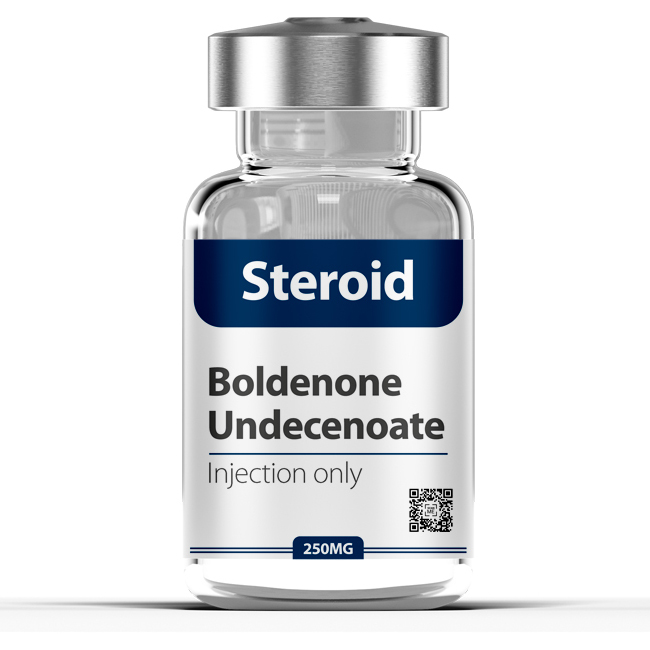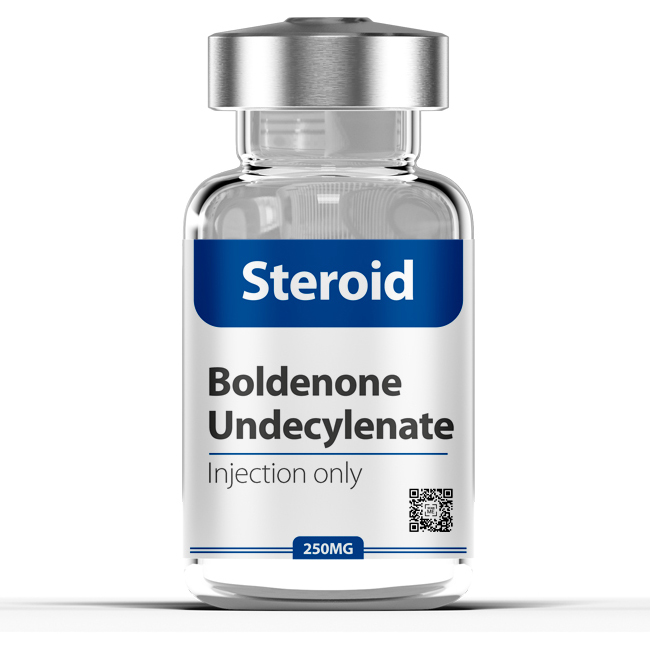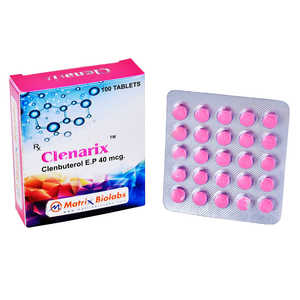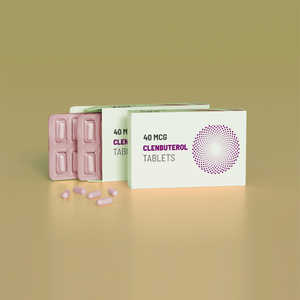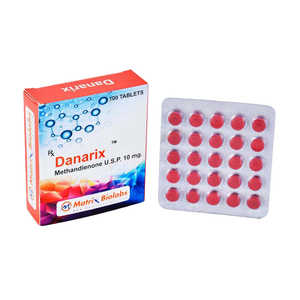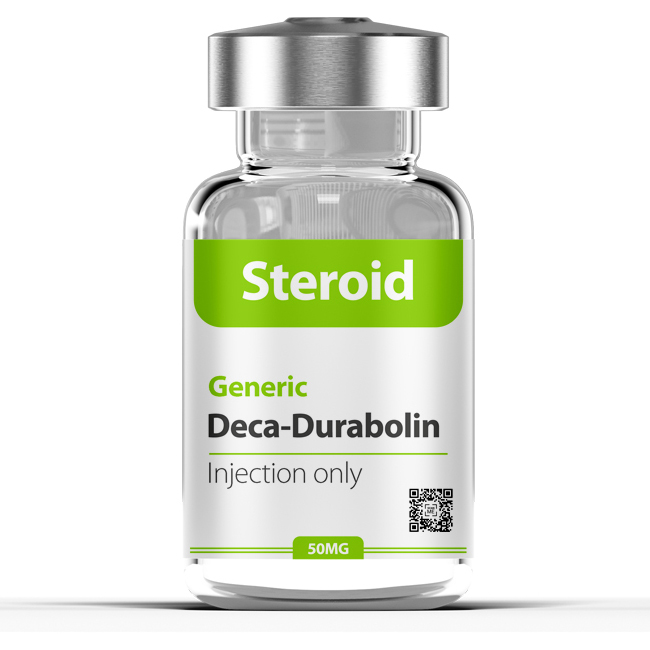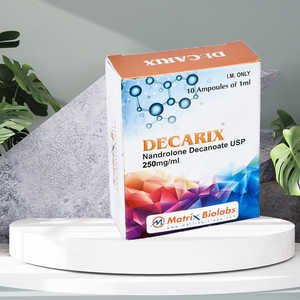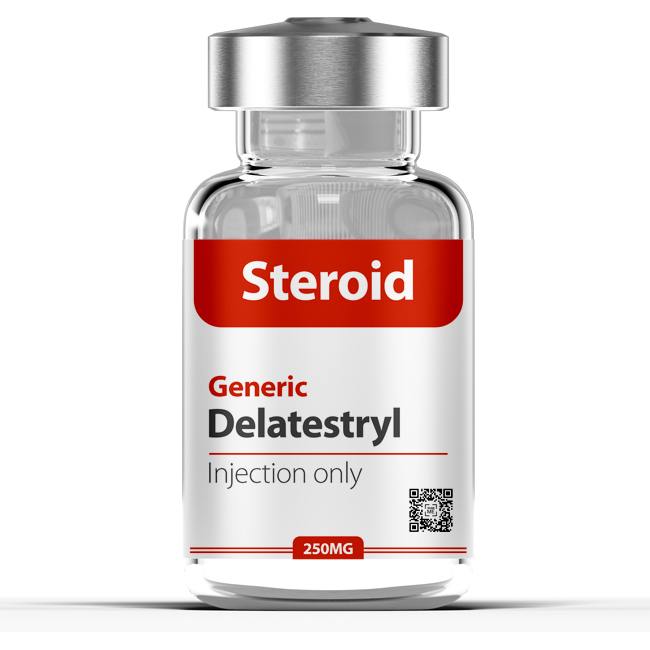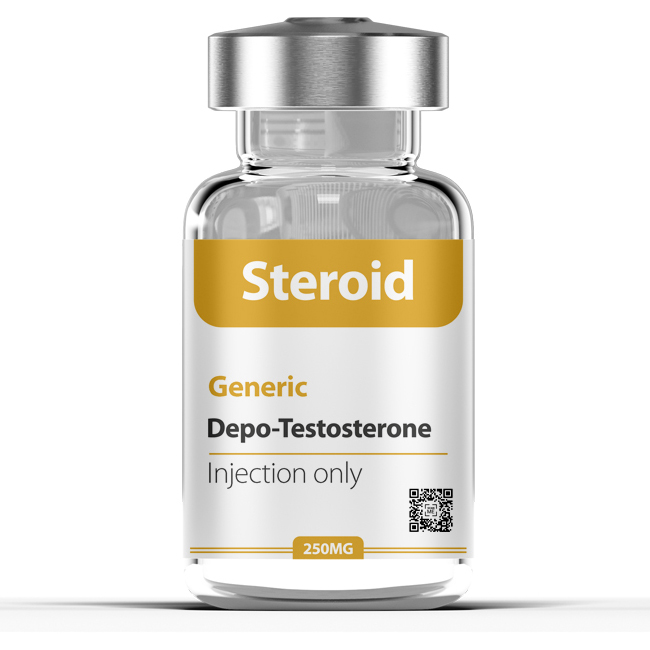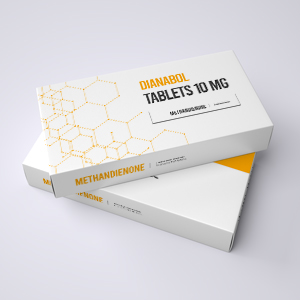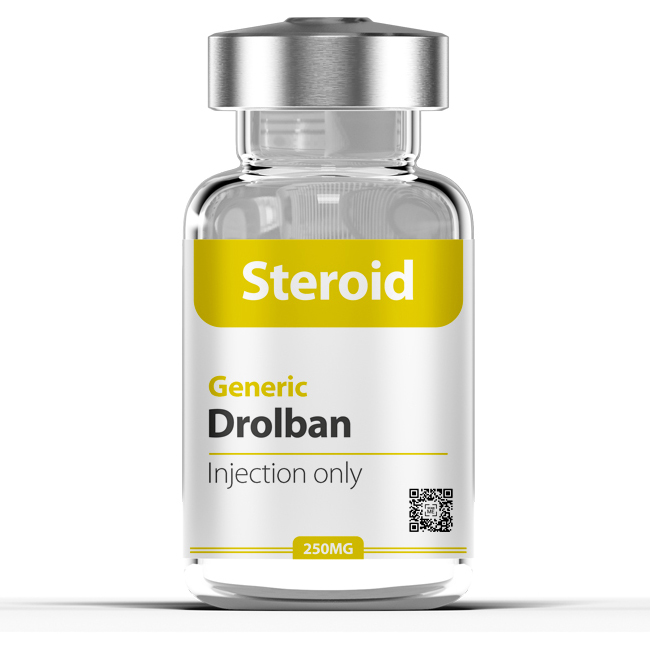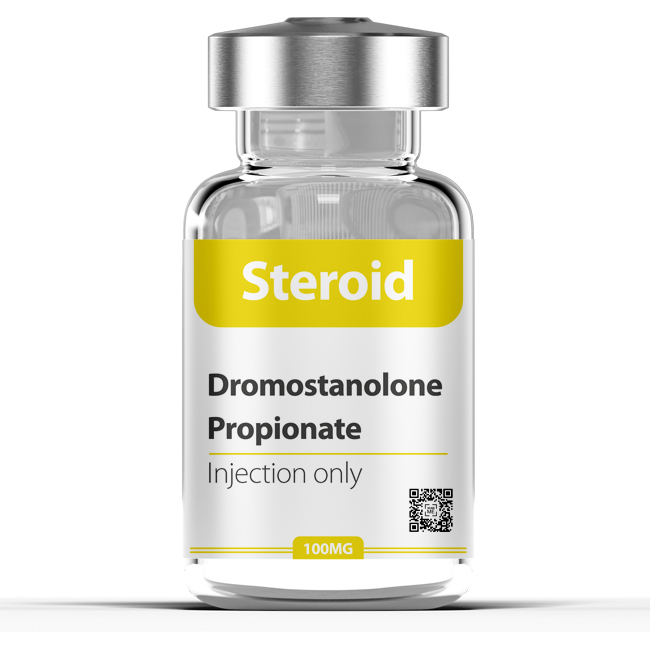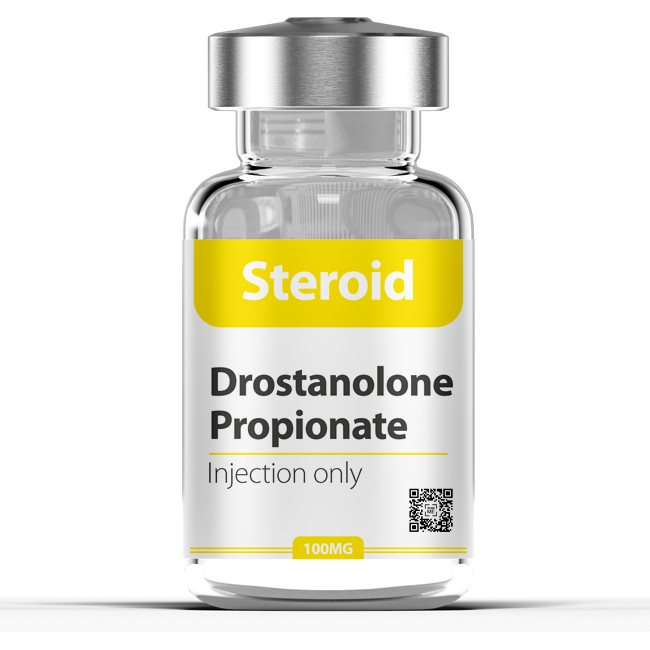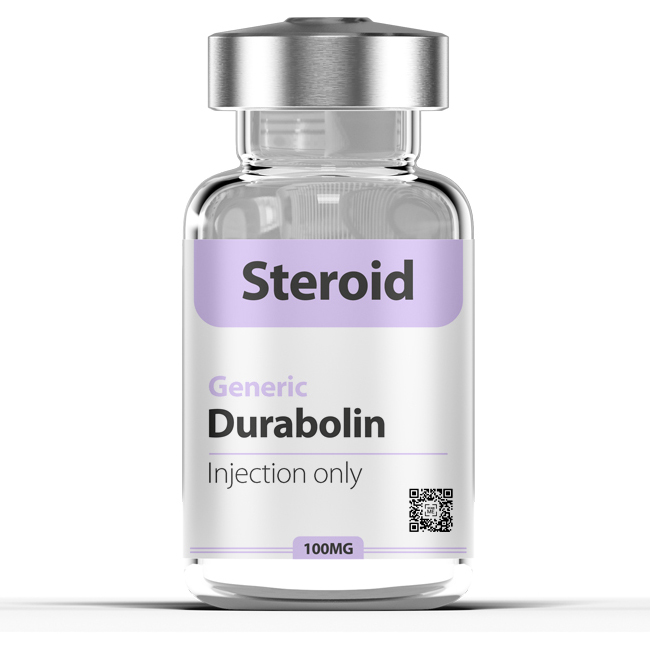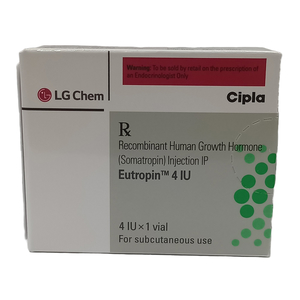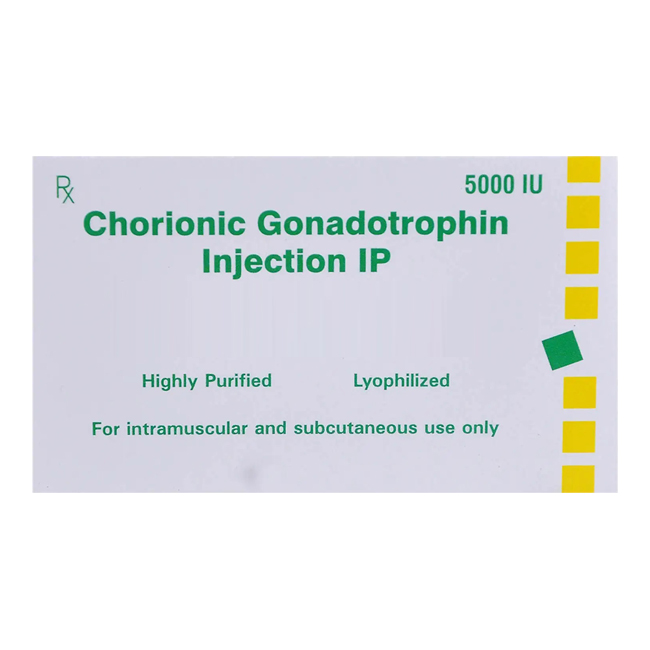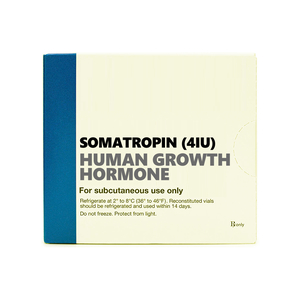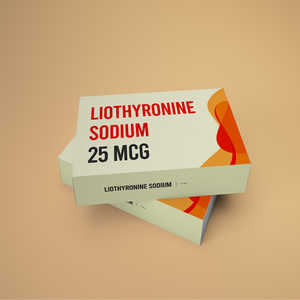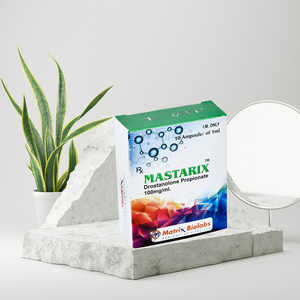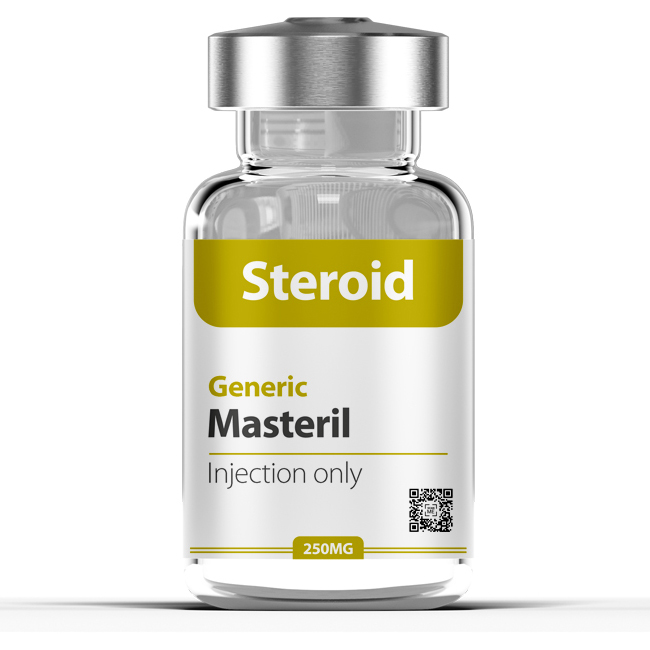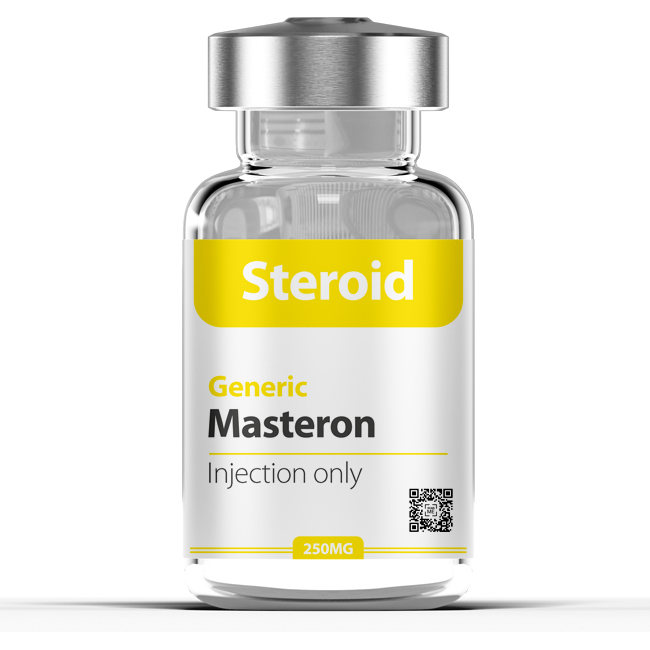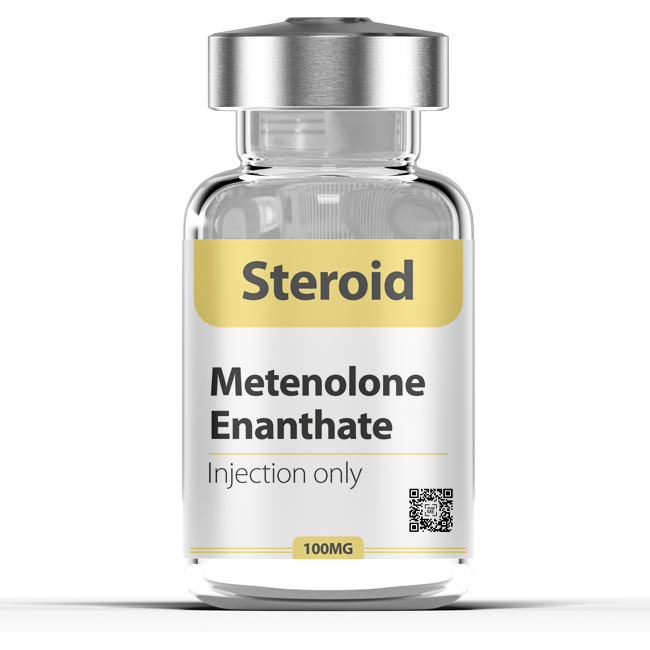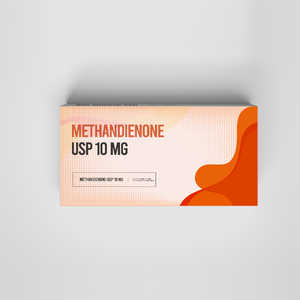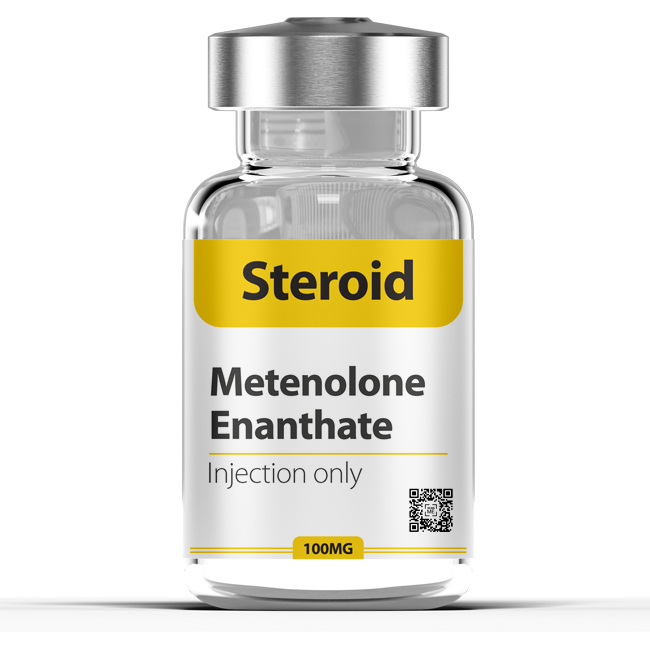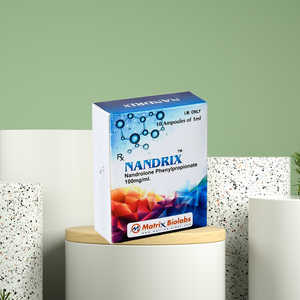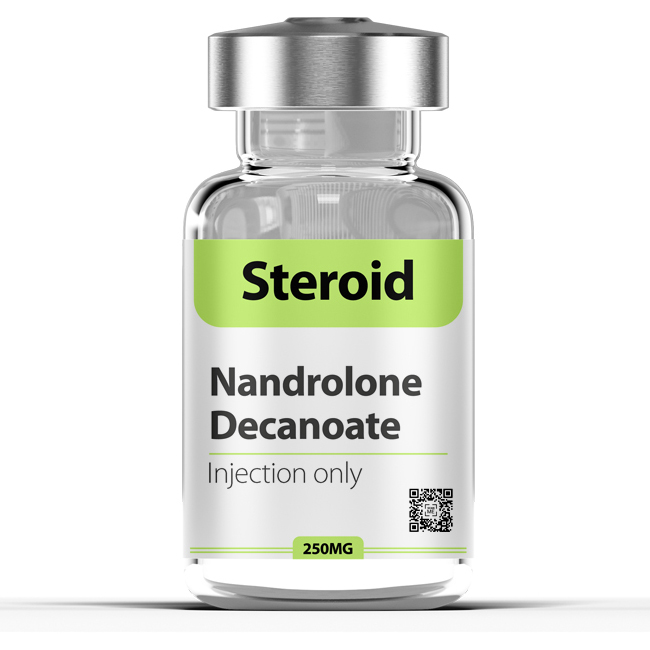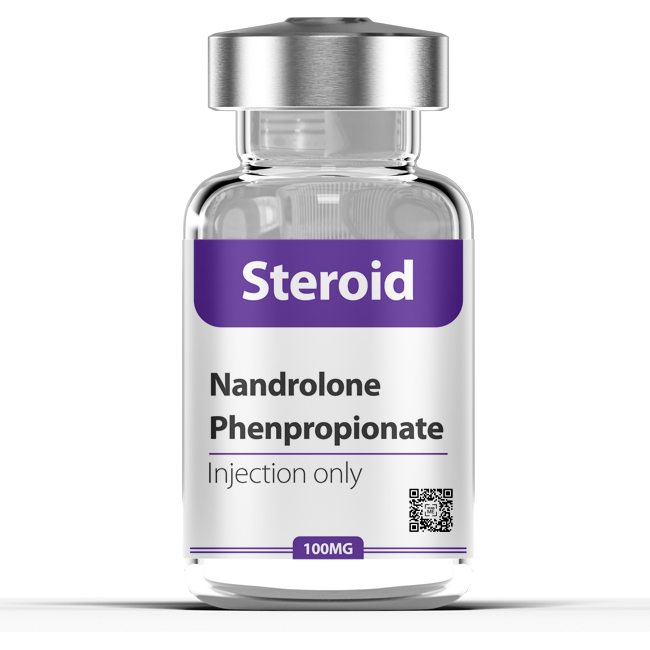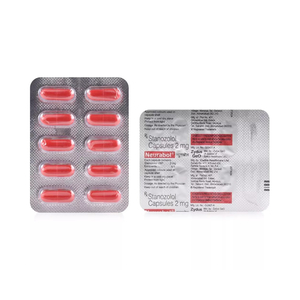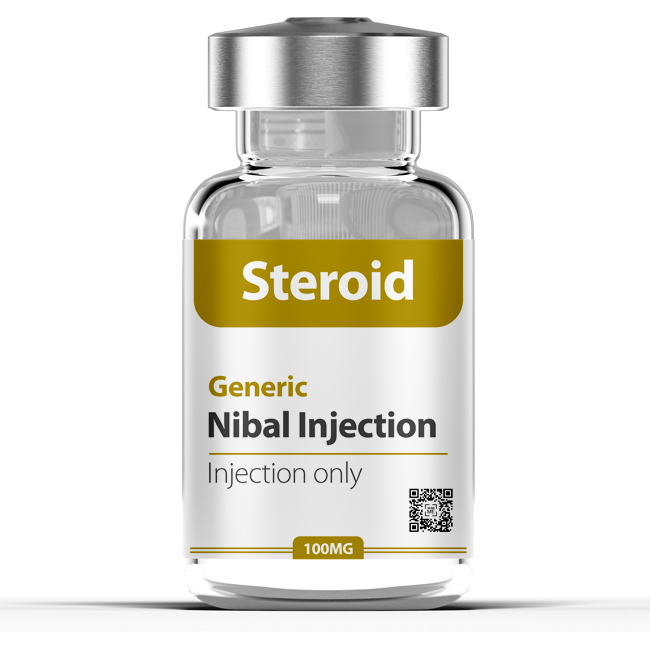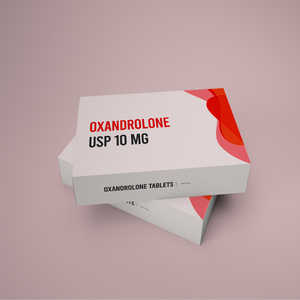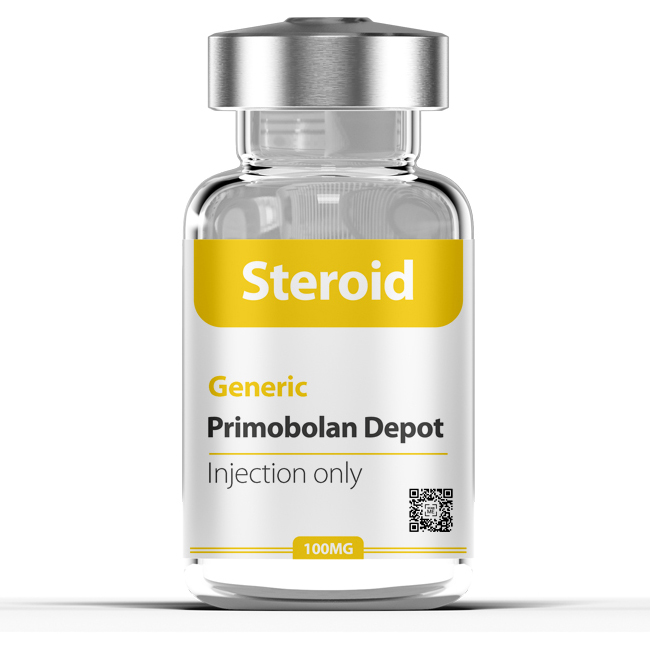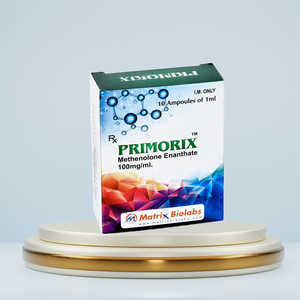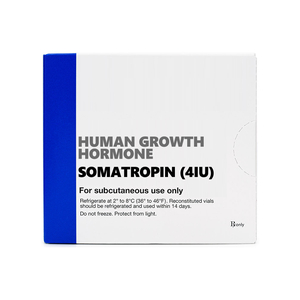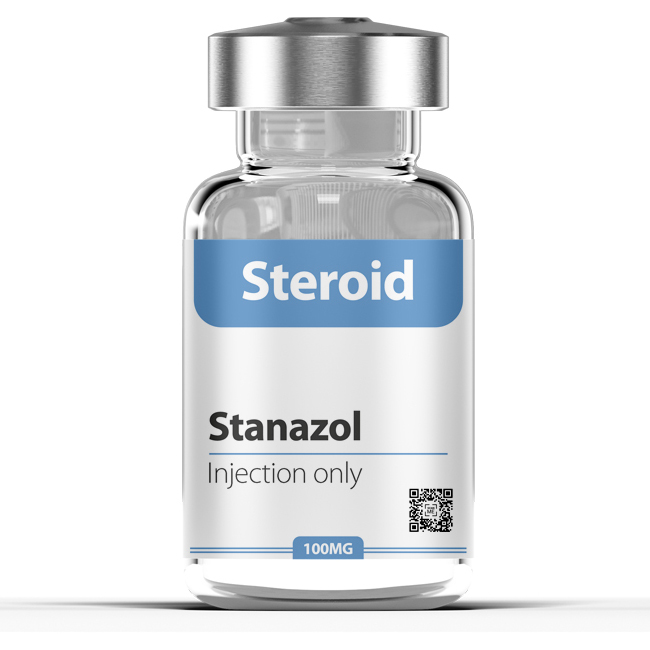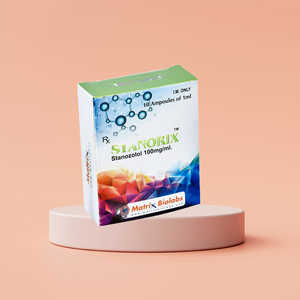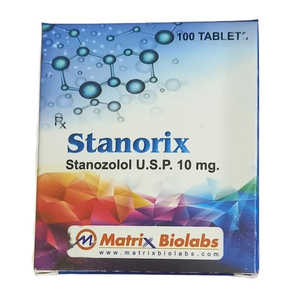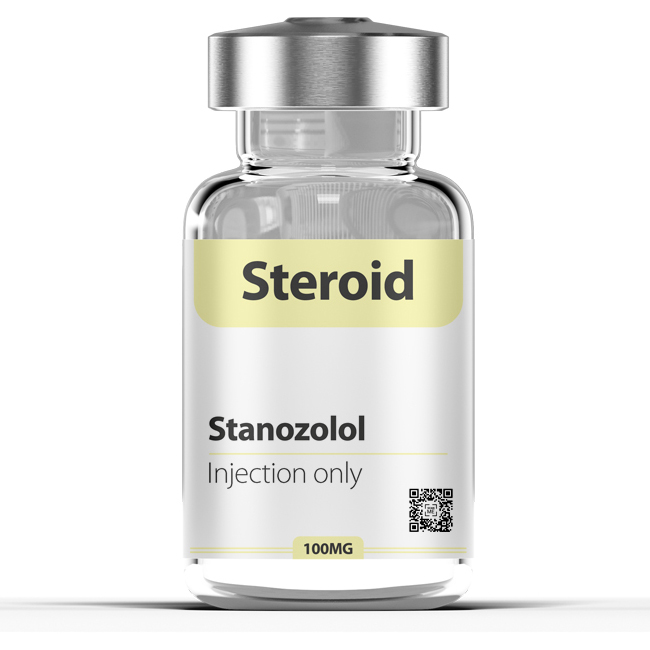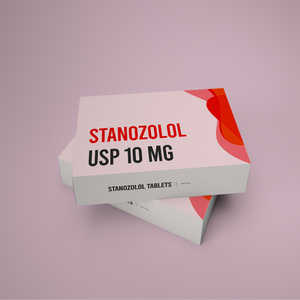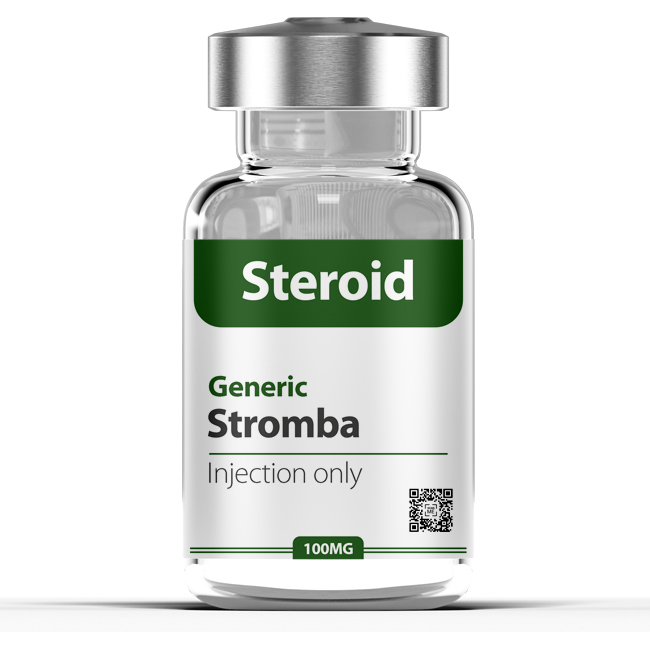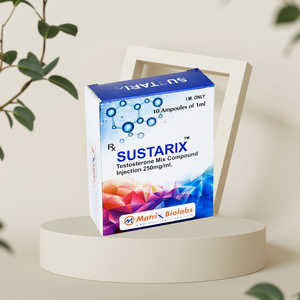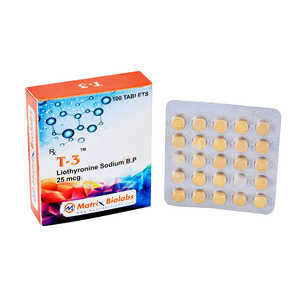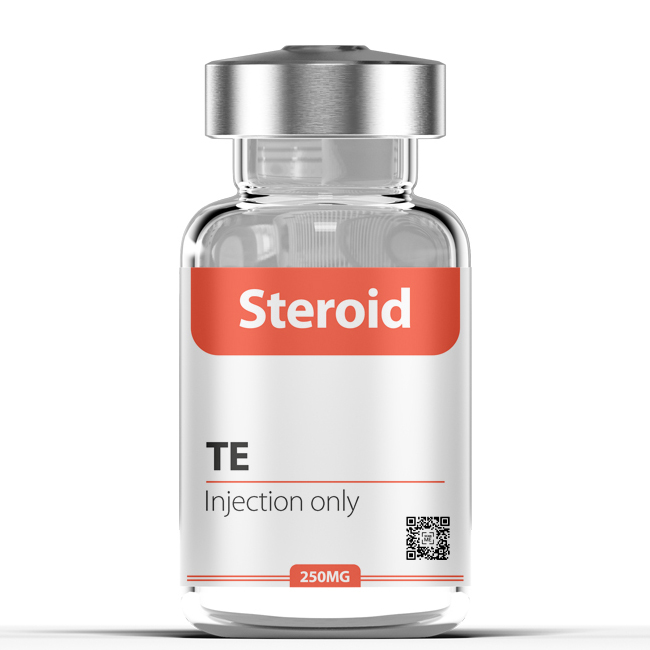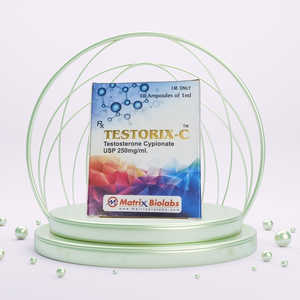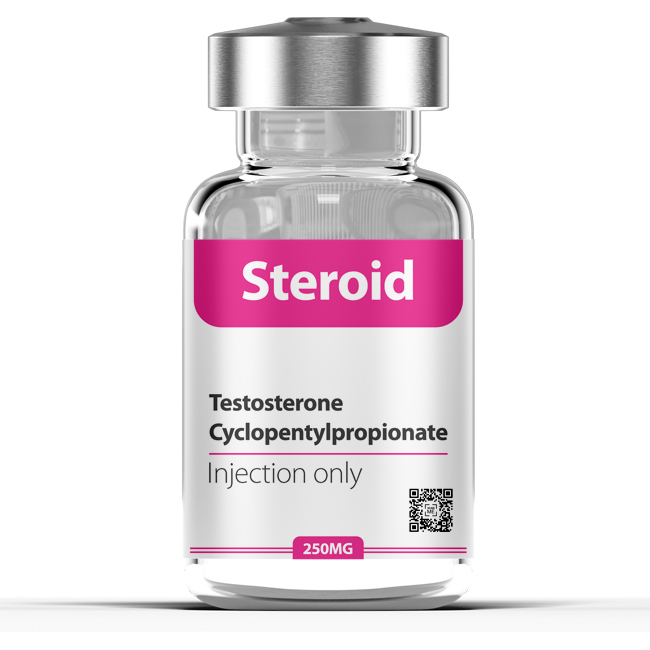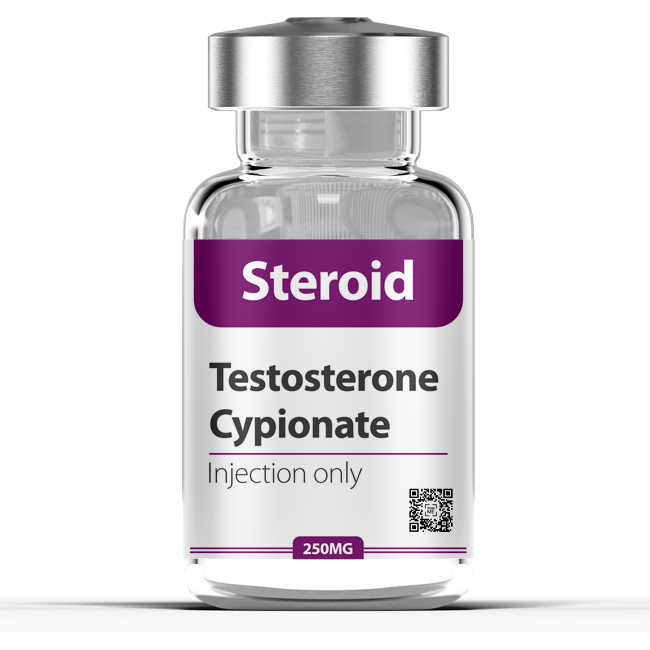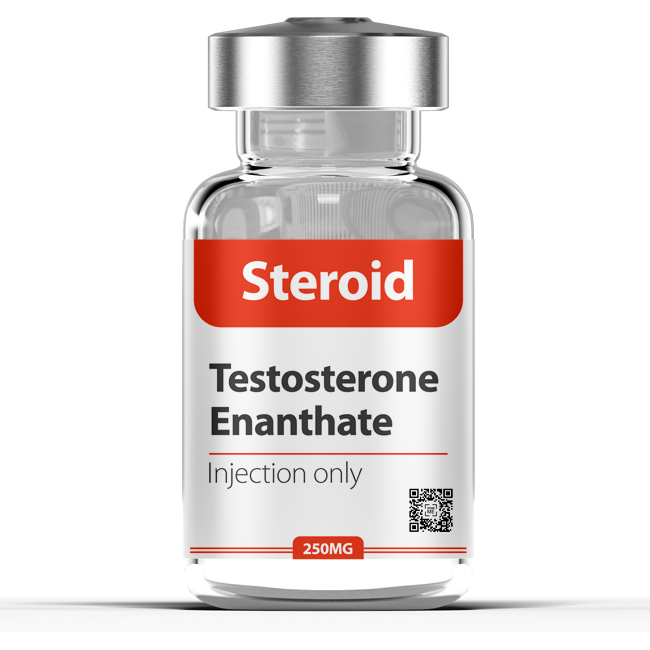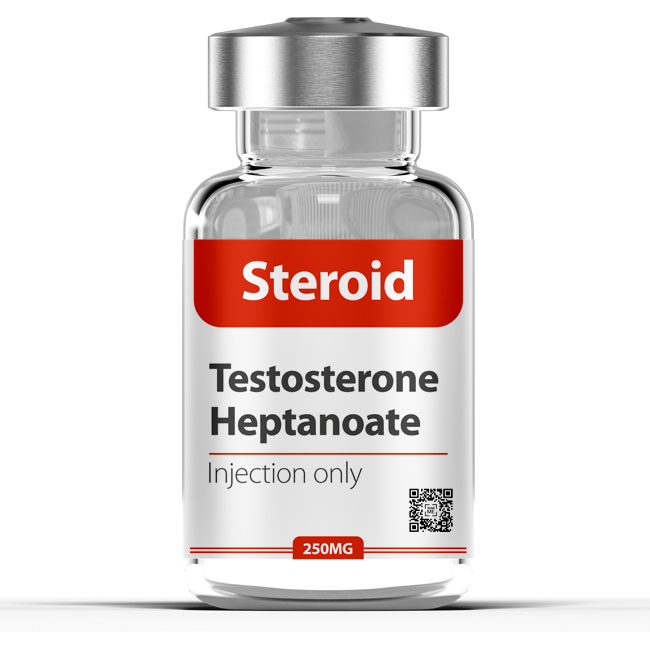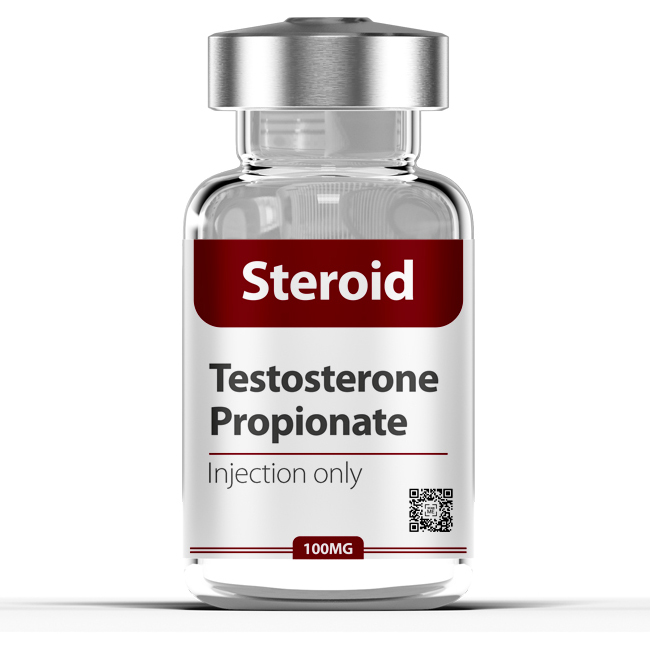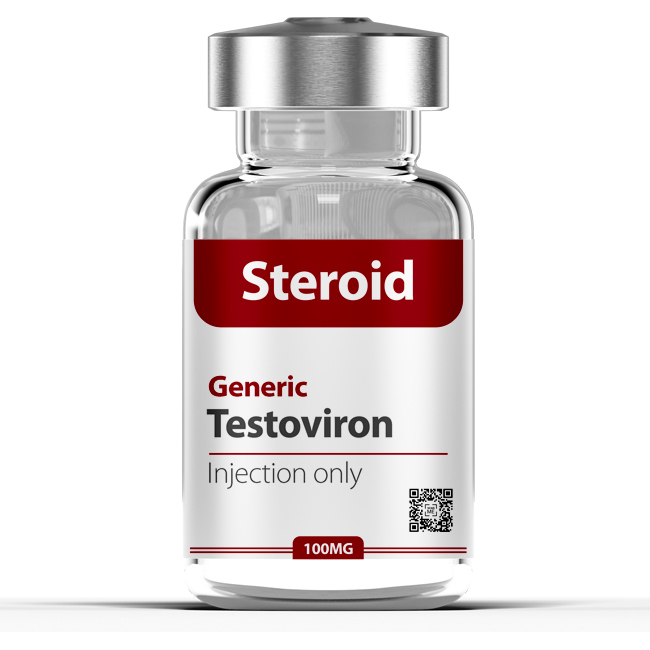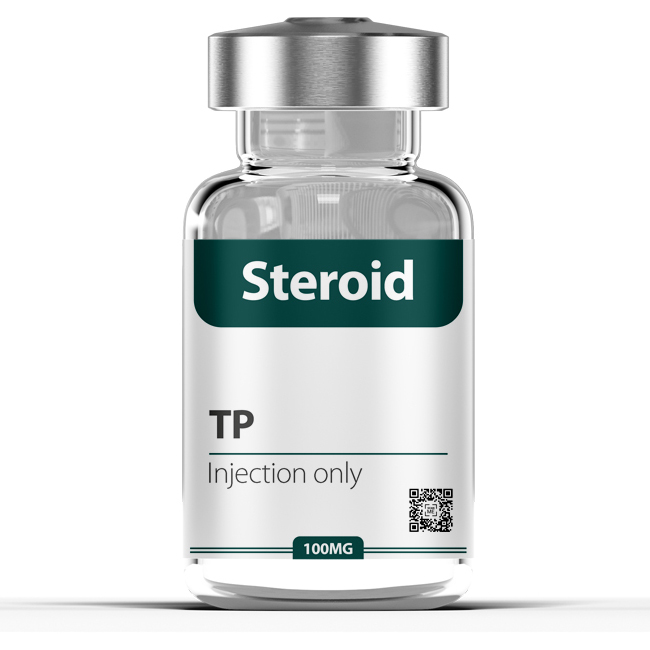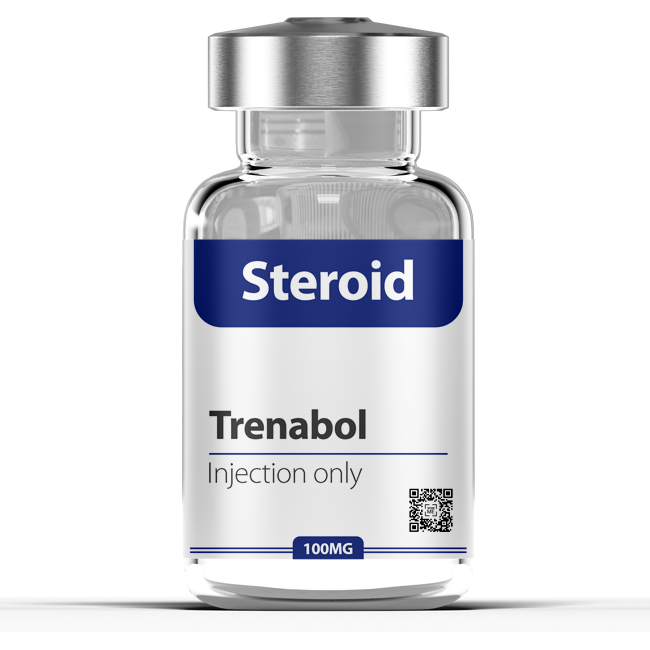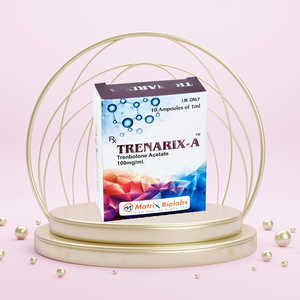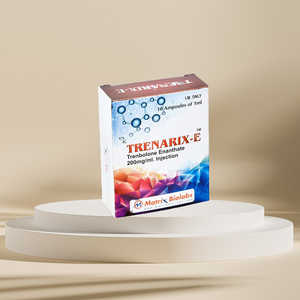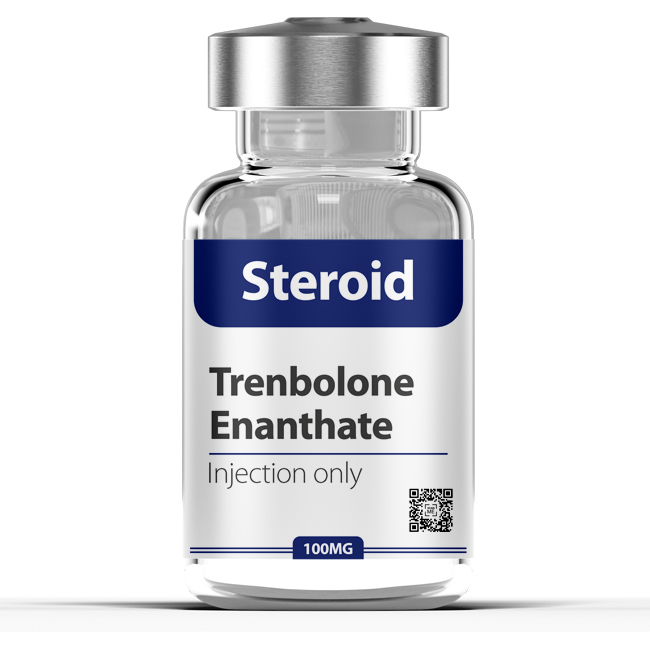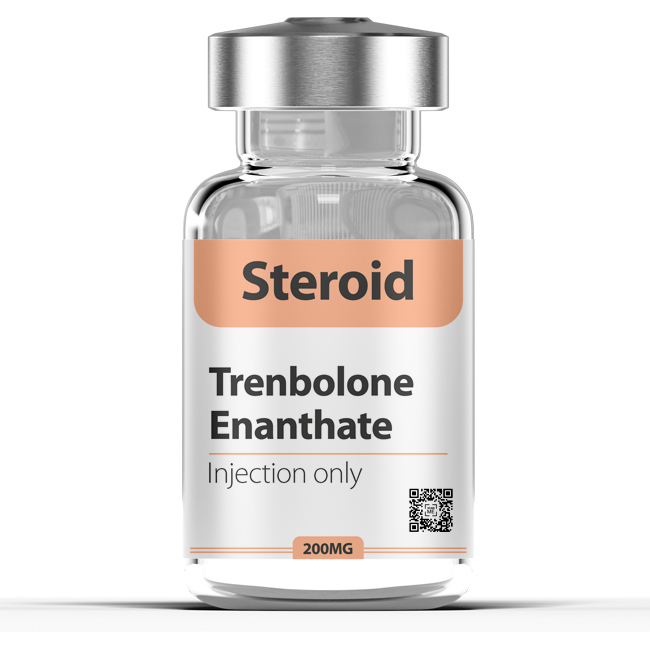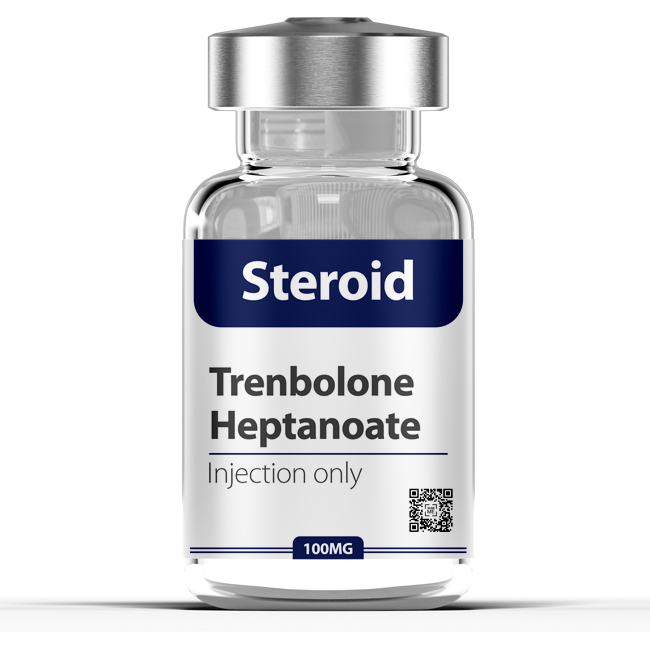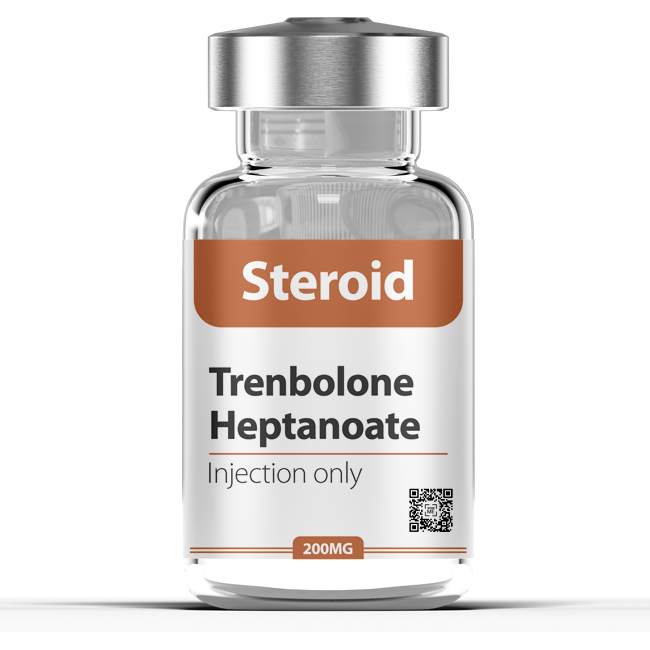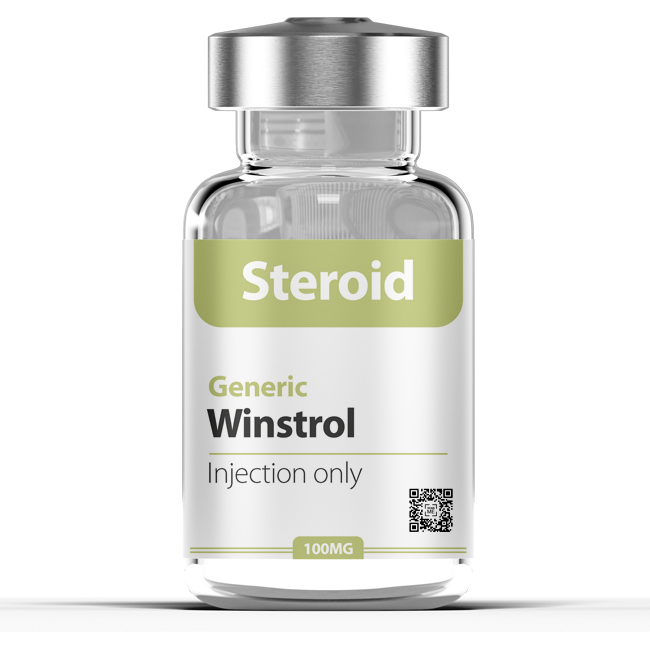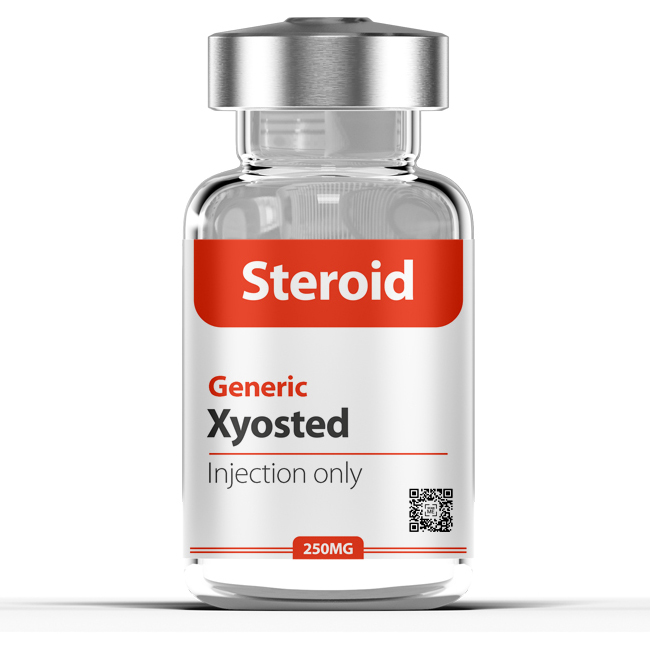-
Anarix USP ##productstrength##
Enhance your fitness trajectory and overall wellness with Anarix USP 10mg Pills, a superior Oxandrolone formulation meticulously developed to boost your athletic performance. Crafted specifically for athletes, bodybuilders, and fitness enthusiasts...
$0.86 Per Pill -
Anavar (Generic) ##productstrength##
Introducing Anavar 10 mg, your dependable companion on the journey towards achieving your ultimate fitness goals. Specially formulated to complement your intense workouts, this potent performance enhancer is known for promoting lean muscle mass...
$0.86 Per Pill -
Andrix USP ##productstrength##
Unleash your fitness potential and elevate your overall wellness with Andrix USP 50mg Pills, a premium Oxymetholone formulation expertly crafted to enhance your athletic performance. Ideal for athletes, bodybuilders, and fitness enthusiasts, this powerful steroid...
$0.86 Per Pill -
Androstanazol ##productstrength##
Elevate your fitness regime and enhance your overall health with our Androstanazol 100mg Steroid, an advanced formulation meticulously crafted to boost your athletic performance. Made specifically for athletes, bodybuilders, and fitness enthusiasts, this potent steroid...
$8.00 Per Ampoules -
Androstanazole ##productstrength##
Take your fitness level and overall health to new heights with our Androstanazole 100mg Steroid, a premium formulation meticulously designed to propel your athletic performance. Tailored especially for athletes, bodybuilders, and fitness enthusiasts, this potent steroid...
$8.00 Per Ampoules -
Boldarix ##productstrength##
Unveil your strength with Boldarix 250mg Injection, a premium-grade Boldenone Undecylenate solution explicitly engineered to propel your fitness journey and boost your overall vitality. Specifically designed for athletes, bodybuilders, and fitness enthusiasts...
$8.00 Per Ampoules -
Boldenone Undecenoate ##productstrength##
Enhance your fitness regimen and amplify your wellbeing with our Boldenone Undecylenate 250mg Steroid, an innovative formulation meticulously engineered to boost your athletic performance. Expertly designed for athletes, bodybuilders, and fitness devotees...
$8.00 Per Ampoules -
Boldenone Undecylenate ##productstrength##
Step up your fitness game and improve your health with our Boldenone Undecylenate 250mg Steroid, a pioneering formulation thoughtfully engineered to supercharge your athletic performance. Primarily designed for athletes, bodybuilders, and fitness enthusiasts, this potent steroid...
$8.00 Per Ampoules -
Clenarix ##productstrength##
Take your fitness journey and overall wellness to new heights with Clenarix 40mcg Pills, a first-rate Clenbuterol formulation masterfully engineered to escalate your athletic performance. Created for athletes, bodybuilders, and fitness enthusiasts, this potent steroid...
$0.82 Per Pill -
Clenbuterol ##productstrength##
Elevate your fitness ambitions and heighten your overall wellness with our Clenbuterol 40 MCG Steroid, a supreme formulation intricately crafted to revitalize your metabolic capabilities. Specifically curated for fitness enthusiasts, weight-loss seekers, and those committed...
$0.82 Per Pill -
Danarix USP ##productstrength##
Harness the power of enhanced fitness and vitality with Danarix USP 10mg Pills, an outstanding Methandienone formulation precisely crafted to amplify your athletic performance and overall wellness. Developed for athletes, bodybuilders, and fitness enthusiasts...
$0.83 Per Pill -
Deca-Durabolin ##productstrength##
Elevate your fitness journey and overall wellbeing with our Deca-Durabolin 50mg Steroid, a top-tier formulation expertly crafted to amplify your athletic performance. Created with athletes, bodybuilders, and fitness enthusiasts in mind, this potent steroid...
$9.50 Per Ampoules -
Decarix ##productstrength##
Elevate your athletic prowess and overall wellness with Decarix 250mg, a top-tier Nandrolone Decanoate solution designed to supercharge your health journey. Meticulously engineered for both fitness enthusiasts and individuals seeking...
$9.50 Per Ampoules -
Delatestryl (Generic) ##productstrength##
Elevate your fitness routine and overall wellbeing with our Delatestryl 250mg Steroid, an exceptional formulation carefully engineered to boost your athletic performance. Specifically developed for athletes, bodybuilders, and fitness enthusiasts, this potent steroid...
$6.80 Per Ampoules -
Depo-Testosterone (Generic) ##productstrength##
Amplify your fitness journey and overall wellbeing with our Depo-Testosterone 250mg (Generic) Steroid, a premium-grade formulation expertly crafted to enhance your athletic performance. Tailored for athletes, bodybuilders, and fitness enthusiasts...
$6.40 Per Ampoules -
Dianabol (Generic) ##productstrength##
Fuel your bodybuilding aspirations with Dianabol 10 mg! Renowned among fitness enthusiasts for its muscle-building properties, Dianabol is designed to maximize your strength, boost muscle mass, and aid in rapid recovery, helping you shape the physique you've always dreamed of.
$0.83 Per Pill -
Drolban (Generic) ##productstrength##
Supercharge your fitness journey and fortify your wellness with our Drolban 100mg Steroid, an innovative formulation expertly crafted to bolster your athletic proficiency. Specifically designed for athletes, bodybuilders, and fitness aficionados, this high-powered steroid...
$8.00 Per Ampoules -
Dromostanolone Propionate ##productstrength##
Elevate your fitness regimen and boost your wellbeing with our Dromostanolone Propionate 100mg Steroid, an advanced formulation meticulously designed to optimize your athletic performance. Exclusively developed for athletes, bodybuilders, and fitness enthusiasts, this powerful steroid...
$8.00 Per Ampoules -
Drostanolone Propionate ##productstrength##
Empower your fitness progression and uplift your wellbeing with our Drostanolone Propionate 100mg Steroid, an elite formulation skilfully designed to enhance your athletic performance. Specially crafted for athletes, bodybuilders, and fitness enthusiasts, this potent steroid...
$8.00 Per Ampoules -
Durabolin (Generic) ##productstrength##
Jumpstart your fitness regimen and overall wellbeing with our Durabolin 100mg (Generic) Steroid, a high-grade formulation meticulously engineered to maximize your athletic performance. Crafted specifically for athletes, bodybuilders, and fitness enthusiasts, this powerful steroid...
$8.00 Per Ampoules -
Equipoise (Generic) ##productstrength##
Elevate your fitness regimen and boost your health with our Equipoise 250mg Steroid, an advanced formulation meticulously engineered to augment your athletic prowess. Specifically designed for athletes, bodybuilders, and fitness enthusiasts, this potent steroid is your covert...
$8.00 Per Ampoules -
Eutropin ##productstrength##
Eutropin 4IU Injections is an advanced healthcare solution designed to counteract growth hormone deficiency. Created to supplement the naturally occurring growth hormone, it aids in promoting adequate growth and optimal development in both children and adults.
$60.00 Per Ampoules -
Headon ##productstrength##
Headon Injection is a potent and effective healthcare product designed to address and manage the symptoms of growth hormone deficiency. It's formulated with the purpose of supplementing natural growth hormone levels, thus aiding in optimal growth and development.
$60.00 Per Ampoules -
Human Chorionic Gonadotropin (HCG) ##productstrength##
Human Chorionic Gonadotropin (HCG) Injections are a premium healthcare product, carefully crafted to address issues related to fertility and hormone balance. It contains HCG, a hormone that supports the normal development of an egg in a woman's ovary and stimulates its release during ovulation.
$60.00 Per Ampoules -
Human Growth Hormone (HGH) ##productstrength##
The Human Growth Hormone (HGH) Injection is a meticulously crafted healthcare solution designed to manage growth hormone deficiencies. It's purposed to supplement the natural levels of growth hormone, contributing to balanced growth and overall well-being.
$60.00 Per Ampoules -
Liothyronine Sodium ##productstrength##
Take control of your fitness aspirations and enhance your well-being with our Liothyronine Sodium 25 MCG Steroid, an elite formulation meticulously designed to supercharge your metabolic potential. Tailored specifically for fitness devotees, weight management enthusiasts...
$0.82 Per Pill -
Mastarix ##productstrength##
Mastarix 100mg Injection surpasses the average health steroid, delivering the powerful benefits of Drostanolone Propionate in a concentrated 100mg dose. Esteemed for its capability to promote lean muscle mass, improve strength, and enhance athletic performance...
$8.00 Per Ampoules -
Masteril (Generic) ##productstrength##
Fuel your fitness strategy and enhance your wellness with our Masteril 100mg Steroid, a unique formulation meticulously engineered to heighten your athletic capability. Exclusively designed for athletes, bodybuilders, and fitness enthusiasts, this potent steroid...
$8.00 Per Ampoules -
Masteron (Generic) ##productstrength##
Advance your fitness agenda and enhance your wellbeing with our Masteron 100mg Steroid, an inventive formulation meticulously crafted to elevate your athletic prowess. Tailored for athletes, bodybuilders, and fitness buffs, this potent steroid is your confidential edge...
$8.00 Per Ampoules -
Metenolone Enanthate ##productstrength##
Amplify your fitness regimen and enrich your wellbeing with our Metenolone Enanthate 100mg Steroid, a cutting-edge formulation astutely designed to heighten your athletic proficiency. Custom-crafted for athletes, bodybuilders, and fitness enthusiasts...
$11.90 Per Ampoules -
Methandienone USP ##productstrength##
Set your fitness goals higher and boost your wellness with our Methandienone USP 10mg Steroid, a premier formulation meticulously crafted to bolster your athletic potential. Specifically tailored for athletes, bodybuilders, and fitness enthusiasts, this potent steroid...
$0.83 Per Pill -
Methenolone Enanthate ##productstrength##
Unleash your fitness potential and fortify your wellbeing with our Methenolone Enanthate 100mg Steroid, an advanced formulation strategically designed to elevate your athletic prowess. Tailored for athletes, bodybuilders, and fitness enthusiasts...
$11.90 Per Ampoules -
Nandrix ##productstrength##
Experience the power of improved fitness and vitality with Nandrix 100mg Injection, an exceptional Nandrolone Phenylpropionate formulation precisely engineered to boost your athletic performance and overall wellness. Created for athletes, bodybuilders...
$8.00 Per Ampoules -
Nandrolone Decanoate ##productstrength##
Elevate your fitness regimen and overall wellbeing with our Nandrolone Decanoate 250mg Steroid, a high-grade formulation skillfully crafted to propel your athletic performance. Designed with athletes, bodybuilders, and fitness enthusiasts in mind, this potent steroid...
$9.50 Per Ampoules -
Nandrolone Phenpropionate ##productstrength##
Revamp your fitness routine and overall wellbeing with our Nandrolone Phenpropionate 100mg Steroid, a superior formulation meticulously engineered to elevate your athletic performance. Designed explicitly for athletes, bodybuilders, and fitness enthusiasts...
$8.00 Per Ampoules -
Nandrolone Phenylpropionate ##productstrength##
Transform your fitness journey and overall health with our Nandrolone Phenylpropionate 100mg Steroid, a premium formulation meticulously designed to boost your athletic prowess. Specifically tailored for athletes, bodybuilders, and fitness enthusiasts, this potent steroid...
$8.00 Per Ampoules -
Neurabol ( Stanozolol Capsules ) ##productstrength##
Neurabol Capsule is a premium healthcare supplement designed to promote healthy tissue growth and development. Primarily composed of Stanozolol, it serves as a powerful solution for a range of health conditions related to tissue growth and repair.
$0.83 Per Pill -
Nibal Injection (Generic) ##productstrength##
Transform your fitness journey and elevate your wellbeing with our Nibal Injection 100mg Steroid, an advanced formulation meticulously engineered to uplift your athletic prowess. Designed specifically for athletes, bodybuilders, and fitness devotees, this powerful steroid...
$11.90 Per Ampoules -
Oxandrolone USP ##productstrength##
Maximize your fitness trajectory and enrich your wellbeing with our Oxandrolone USP 10mg Steroid, a superior formulation strategically developed to enhance your athletic performance. Crafted with precision for athletes, bodybuilders, and fitness enthusiasts, this potent steroid...
$0.86 Per Pill -
Oxymetholone USP ##productstrength##
Elevate your fitness endeavors and enhance your wellbeing with our Oxymetholone USP 50mg Steroid, a superior formulation meticulously designed to boost your athletic potential. Specially crafted for athletes, bodybuilders, and fitness enthusiasts, this potent steroid...
$0.86 Per Pill -
Parenabol (Generic) ##productstrength##
Boost your fitness routine and uplift your wellbeing with our Parenabol 250mg Steroid, a sophisticated formulation meticulously engineered to improve your athletic performance. Specifically tailored for athletes, bodybuilders, and fitness aficionados, this potent steroid...
$8.00 Per Ampoules -
Primobolan Depot (Generic) ##productstrength##
Amplify your fitness journey and optimize your health with our Primobolan Depot 100mg Steroid, a sophisticated formulation meticulously engineered to enhance your athletic performance. Crafted specifically for athletes, bodybuilders, and fitness buffs, this potent steroid...
$11.90 Per Ampoules -
Primorix ##productstrength##
Unleash your true fitness potential with Primorix 100mg Injection, a premium Metenolone Enanthate formulation meticulously engineered to fuel your athletic performance and overall wellness. Created for fitness enthusiasts, athletes...
$11.90 Per Ampoules -
Recombinant Human Erythropoietin Alfa ##productstrength##
Recombinant Human Erythropoietin Alfa is a robust biopharmaceutical product meticulously engineered to stimulate the production of red blood cells. Designed to mimic the action of natural erythropoietin, it assists in managing anemia related to kidney dysfunction and other conditions.
$60.00 Per Ampoules -
Somatropin ##productstrength##
The Somatropin Injection is a biologically engineered formulation designed to supplement the human growth hormone. Its main purpose is to treat conditions that result from a deficiency of growth hormone in both children and adults, encouraging proper and healthy growth.
$60.00 Per Ampoules -
Stanazol ##productstrength##
Reimagine your fitness goals and amplify your overall health with our Stanazol 100mg Steroid, an exceptional formulation engineered meticulously to escalate your athletic capabilities. Specifically conceived for athletes, bodybuilders, and fitness enthusiasts, this dynamic steroid...
$8.00 Per Ampoules -
Stanorix ##productstrength##
Embark on an empowering fitness journey with Stanorix 100mg Injection, a top-of-the-line Stanozolol formulation meticulously designed to elevate your athletic performance and overall wellness. Crafted with athletes, bodybuilders, and fitness enthusiasts in mind...
$8.00 Per Ampoules -
Stanorix USP ##productstrength##
Maximize your fitness journey and overall wellbeing with Stanorix USP 10mg Pills, a top-tier Stanozolol formulation expertly designed to heighten your athletic performance. Designed for athletes, bodybuilders, and fitness enthusiasts, this powerful steroid...
$0.83 Per Pill -
Stanozolol ##productstrength##
Supercharge your fitness journey and elevate your overall health with our Stanozolol 100mg Steroid, a superior formulation meticulously crafted to enhance your athletic performance. Tailored specifically for athletes, bodybuilders, and fitness enthusiasts, this potent steroid...
$8.00 Per Ampoules -
Stanozolol USP ##productstrength##
Accelerate your fitness progression and uplift your wellness with our Stanozolol USP 10mg Steroid, a sophisticated formulation precisely engineered to boost your athletic performance. Specifically tailored for athletes, bodybuilders, and fitness enthusiasts, this powerful steroid...
$0.83 Per Pill -
Stromba (Generic) ##productstrength##
Unleash your full potential and elevate your overall well-being with our Stromba 100mg Steroid, a top-tier formulation painstakingly developed to skyrocket your athletic performance. Crafted with athletes, bodybuilders, and fitness enthusiasts in mind, this potent steroid...
$8.00 Per Ampoules -
Sustarix ##productstrength##
Unlock your fitness potential and boost overall wellness with Sustarix 250mg Injection, a sophisticated Testosterone Mix Compound explicitly engineered for athletes, bodybuilders, and fitness enthusiasts. This potent steroid is your secret tool...
$8.70 Per Ampoules -
T3 ##productstrength##
Elevate your health and fitness journey with T3 25mcg Pills, an exceptional Liothyronine Sodium formulation meticulously designed to boost your metabolic performance and overall wellness. Ideal for athletes, bodybuilders, and fitness enthusiasts...
$0.82 Per Pill -
TE ##productstrength##
Upgrade your fitness journey and overall wellbeing with our TE 250mg Steroid, a superior formulation meticulously designed to enhance your athletic performance. Tailored specifically for athletes, bodybuilders, and fitness enthusiasts, this potent steroid is your clandestine...
$6.80 Per Ampoules -
Testorix-C ##productstrength##
Recharge your vitality with Testorix-C 250mg, a premium formulation of Testosterone Cypionate specifically designed to empower your inner potential. Tailored for men's health, this powerful compound is here to redefine your fitness journey and life performance.
$6.40 Per Ampoules -
Testorix-E ##productstrength##
Elevate your fitness performance and overall vitality with Testorix-E 250mg Injection, a high-grade Testosterone Enanthate formulation meticulously engineered for athletes, bodybuilders, and fitness enthusiasts. This powerful steroid is your secret weapon...
$6.80 Per Ampoules -
Testorix-p ##productstrength##
Discover new horizons in fitness and vitality with Testorix-P 100mg Injection, a premium Testosterone Propionate formulation meticulously crafted to enhance your athletic performance and overall wellness. Created for athletes, bodybuilders, and fitness enthusiasts....
$5.50 Per Ampoules -
Testosterone Cyclopentylpropionate ##productstrength##
Boost your fitness evolution and overall wellbeing with our Testosterone Cyclopentylpropionate 250mg Steroid, an exceptional formulation meticulously designed to escalate your athletic performance. Exclusively created for athletes, bodybuilders, and fitness enthusiasts...
$6.40 Per Ampoules -
Testosterone Cypionate ##productstrength##
Step up your fitness journey and overall wellbeing with our Testosterone Cypionate 250mg Steroid, a superior-quality solution expertly crafted to elevate your athletic performance. Ideal for athletes, bodybuilders, and fitness enthusiasts, this powerful steroid...
$6.40 Per Ampoules -
Testosterone Enanthate ##productstrength##
Elevate your fitness journey and overall health with our Testosterone Enanthate 250mg Steroid, a powerful formulation meticulously crafted to supercharge your athletic performance. Specifically created for athletes, bodybuilders, and fitness enthusiasts, this potent steroid...
$6.80 Per Ampoules -
Testosterone Heptanoate ##productstrength##
Revitalize your fitness regimen and overall health with our Testosterone Heptanoate 250mg Steroid, a premium formulation intricately designed to amplify your athletic performance. Catered specifically for athletes, bodybuilders, and fitness enthusiasts, this robust steroid...
$6.80 Per Ampoules -
Testosterone Mix Compound ##productstrength##
Revolutionize your fitness journey and overall wellbeing with our Testosterone Mix Compound 250mg Steroid, a premium-grade formulation skillfully crafted to turbocharge your athletic performance. Designed for athletes, bodybuilders, and fitness enthusiasts...
$8.70 Per Ampoules -
Testosterone Propionate ##productstrength##
Ignite your fitness regimen and overall wellbeing with our Testosterone Propionate 100mg Steroid, a premium-grade formulation meticulously crafted to maximize your athletic performance. Specifically tailored for athletes, bodybuilders, and fitness enthusiasts....
$5.50 Per Ampoules -
Testoviron (Generic) ##productstrength##
Enhance your fitness journey and overall wellbeing with our Testoviron 100mg Steroid, an exceptional formulation meticulously crafted to optimize your athletic performance. Designed for athletes, bodybuilders, and fitness enthusiasts, this potent steroid....
$5.50 Per Ampoules -
TP ##productstrength##
Accelerate your fitness progression and overall wellbeing with our TP 100mg Steroid, an exceptional formulation meticulously designed to boost your athletic performance. Tailored specifically for athletes, bodybuilders, and fitness enthusiasts, this potent steroid....
$5.50 Per Ampoules -
Trenabol ##productstrength##
Elevate your fitness trajectory and overall wellbeing with our Trenabol 100mg Steroid, an elite formulation meticulously crafted to skyrocket your athletic performance. Designed with athletes, bodybuilders, and fitness enthusiasts in mind, this potent steroid is your secret...
$8.50 Per Ampoules -
Trenabol ##productstrength##
Supercharge your fitness journey and overall wellbeing with our Trenabol 200mg Steroid, an elite formulation meticulously crafted to supercharge your athletic performance. Perfect for athletes, bodybuilders, and fitness enthusiasts, this potent steroid is your secret weapon...
$11.50 Per Ampoules -
Trenarix-A ##productstrength##
Redefine your fitness potential with Trenarix-A 100mg Injection, an elite Trenbolone Acetate formulation expertly engineered to boost your athletic prowess and overall wellness. Developed for athletes, bodybuilders, and fitness enthusiasts, this potent steroid...
$8.50 Per Ampoules -
Trenarix-E ##productstrength##
Reach your fitness peak with Trenarix-E 200mg Injection, an extraordinary Trenbolone Enanthate solution meticulously engineered to enhance your athletic performance and boost overall wellness. Formulated for athletes, bodybuilders, and fitness enthusiasts...
$11.50 Per Ampoules -
Trenbolone Enanthate ##productstrength##
Boost your fitness journey and overall wellbeing with our Trenbolone Enanthate 100mg Steroid, a top-tier formulation meticulously crafted to escalate your athletic performance. Specifically designed for athletes, bodybuilders, and fitness enthusiasts, this potent steroid...
$8.50 Per Ampoules -
Trenbolone Enanthate ##productstrength##
Elevate your fitness regimen and overall health with our Trenbolone Enanthate 200mg Steroid, a superior-grade formulation meticulously crafted to boost your athletic performance. Specially tailored for athletes, bodybuilders, and fitness enthusiasts, this powerful steroid...
$11.50 Per Ampoules -
Trenbolone Heptanoate ##productstrength##
Experience the zenith of your fitness journey and overall wellbeing with our Trenbolone Heptanoate 100mg Steroid, an outstanding formulation carefully crafted to amplify your athletic performance. Designed with athletes, bodybuilders, and fitness enthusiasts in mind...
$8.50 Per Ampoules -
Trenbolone Heptanoate ##productstrength##
Transform your fitness journey and overall wellbeing with our Trenbolone Heptanoate 200mg Steroid, an exceptional formulation carefully developed to propel your athletic performance. Tailored for athletes, bodybuilders, and fitness enthusiasts...
$11.50 Per Ampoules -
Winstrol (Generic) ##productstrength##
Revolutionize your fitness regimen and enhance your overall wellbeing with our Winstrol 100mg Steroid, an elite formulation meticulously engineered to amplify your athletic performance. Designed specifically for athletes, bodybuilders, and fitness aficionados, this potent steroid...
$8.00 Per Ampoules -
Xyosted (Generic) ##productstrength##
Boost your fitness program and overall wellbeing with our Xyosted 250mg Steroid, an exceptional formulation meticulously engineered to enhance your athletic performance. Developed with athletes, bodybuilders, and fitness enthusiasts in mind, this potent steroid...
$6.80 Per Ampoules
Steroids
Steroids are a class of biologically active compounds that are structurally derived from cholesterol. They play crucial roles in a variety of physiological processes including growth and development, metabolism, immune response, and regulation of inflammation.
We have Two Types of Steroids
There are two primary categories of steroids. Firstly, corticosteroids are produced in the adrenal glands and have a range of functions in the body, including controlling inflammatory responses and regulating the body's use of nutrients. These steroids are commonly prescribed in medicine to reduce inflammation and suppress immune response in conditions such as asthma, lupus, and rheumatoid arthritis.
Secondly, anabolic-androgenic steroids (AAS), often simply referred to as anabolic steroids, mimic the effects of testosterone, a hormone primarily responsible for the development of male sexual characteristics. In medical settings, they may be used for hormonal issues in men, delayed puberty, and muscle loss from some diseases. However, they're often used illicitly by athletes and bodybuilders to enhance performance or improve physical appearance.
While steroids can be beneficial when used under medical supervision, misuse can lead to serious health issues including heart disease, liver damage, mood disorders, and physical changes. As a result, non-medical use of anabolic steroids is generally considered illegal in many jurisdictions.

